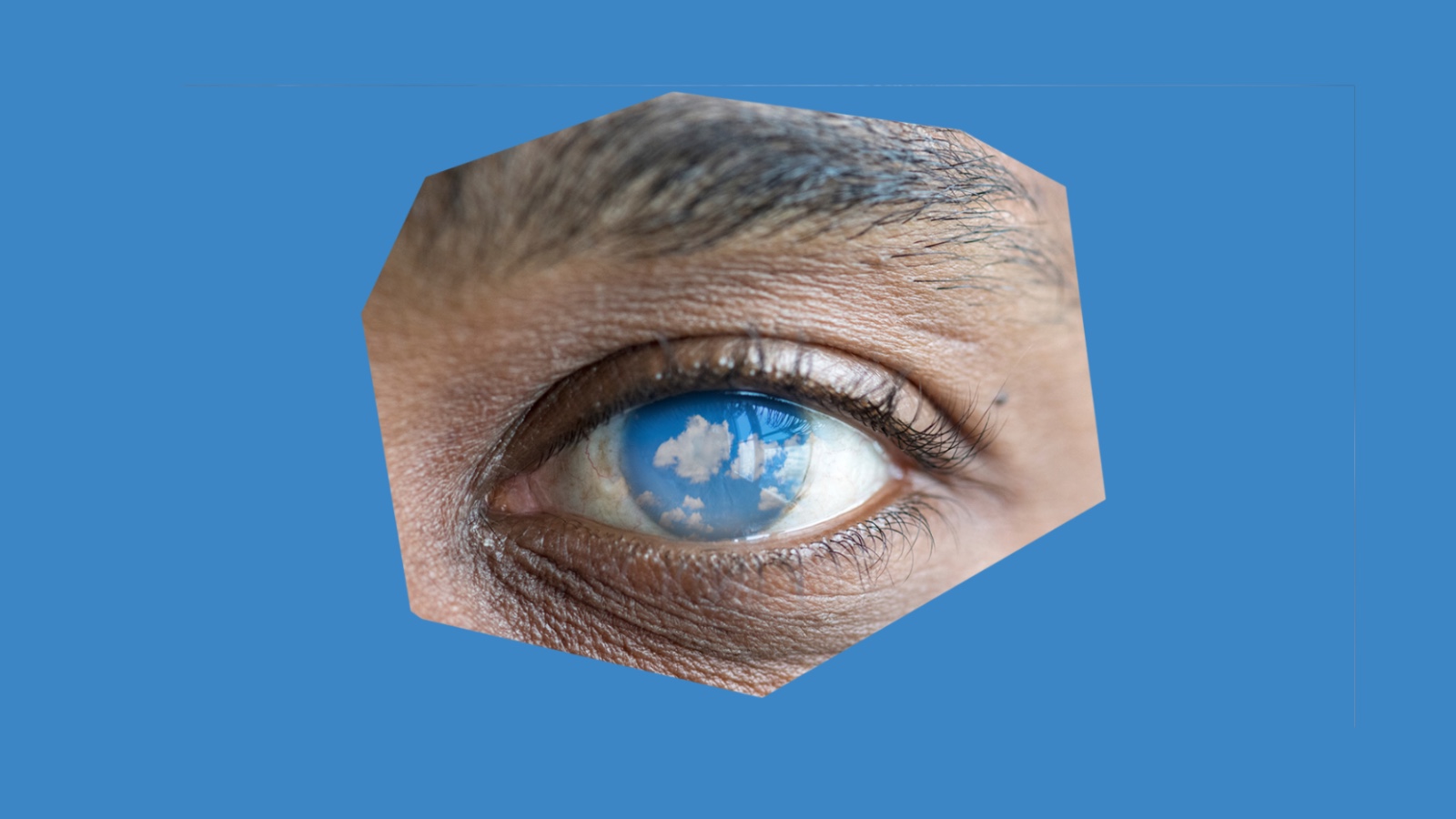The Myriad Benefits of Mind-Wandering

What’s the Latest Development?
A string of studies published in scientific journals this year suggest that letting ourselves daydream, in the midst of our fast-paced culture obsessed with achievement, can positively affect our lives. In a psychological test of creativity commonly known as UUT, which asks for creative uses of everyday objects, individuals who daydreamed before taking the test arrived at more creative ideas. That daydreaming allows us to arrive at unexpected solutions to our problems is known as the “Eureka effect” and supports the claim that allowing an idea to incubate is an important step in the creative process.
What’s the Big Idea?
An air traffic controller, or any highway motorist, would know that daydreaming is not always an attractive option. Still, moments when the brain loses its concentration are useful to research scientists attempting to determine how focus works in our brain to help us achieve our goals. In education, for example, peace and quiet that encourages reflection rather than daydreaming may be important to learning. Further studies suggest that daydreaming may reveal our hidden priorities to us, i.e. seeing what topics the mind naturally drifts to may more accurately indicate what our true priorities are.
Photo credit: Shutterstock.com





